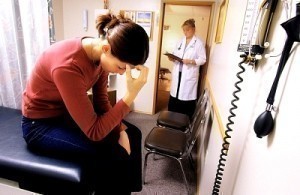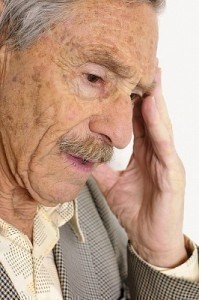What Causes Night Sweats?
Night sweats are also known as Sleep Hyperhidrosis and refers to the occurrence of abnormally excessive perspiration during sleep or while awake. Night sweats may also be referred to as “severe hot flashes which occur at night and result in a drenching sweat”.
Night sweats are more common in adults, but also affect children. Night sweats are generally harmless and are more cumbersome because they tend to interrupt sleep patterns. They can also be brought on by medications, infections or cancer; they can also be genetic or occur in women when they are in menopause
Causes of Night Sweats
Hyperhidrosis
Hyperhidrosis is a rare condition where persons experience unexplainable and excessive sweating when they sleep. Hyperhidrosis may occur regardless of environmental factors such as heat or clothing type. Symptoms of the condition include excessively sweaty palms and hands, armpits, feet or facial blushing. High levels of stress and anxiety can also worsen hyperhidrosis.
Lymphoma
“Lymphoma is a cancer that begins in the lymphocytes of the immune system and presents as a solid tumor of lymphoid cells”. In its early stages it may appear as painless enlarged lymph nodes, where a biopsy and other evaluations would be needed to determine if it’s indeed lymphoma. The symptoms of lymphoma are dependent on its type, location and stage; the treatments administered will also create other symptoms. Night sweats is one of the symptoms of lymphoma due to the body’s immune activities; they usually involves the entire body and not just a specific area. The night sweats may also occur at any time during the night.
Medications
Medications may be seen as the primary cause of night sweats if there are no other symptoms of underlying conditions. Medications such as Antidepressants may interfere with the body’s natural chemistry resulting in excessive sweating. Other known medications are: psychiatric drugs, aspirin, acetaminophen, birth control pill, cortisone, niacin, Viagra or heart medications containing nitroglycerine.
Menopause
Women going through menopause or pre-menopause may experience night sweats and hot flashes due to hormonal changes. The occurrence may be more common in the face and chest.
Hypoglycemia
Hypoglycemia, also called low blood glucose or low blood sugar, occurs when blood glucose drops below normal levels. Hypoglycemia can happen suddenly, but is usually mild. It can be treated easily by eating or drinking a small amount of glucose-rich food. If left untreated, hypoglycemia can get worse and cause confusion, clumsiness, or fainting. Symptoms of hypoglycemia include dizziness, sleepiness, nervousness and sweating. During sleep, signs of hypoglycemia will include damp bed sheets and nightwear.
Tuberculosis and Other Infections
Tuberculosis (TB) is an infectious disease caused by bacteria whose scientific name is Mycobacterium tuberculosis. It is the most common infection to be associated with night sweats, caused by inflammation. Other inflammations likely to trigger night sweats are those caused by abscesses, endocarditis and osteomyelitis.
Pressure and Anxiety
Emotional symptoms such as anxiety can cause night sweats as well as individuals that are under extreme duress may experience the sleep disorder.






